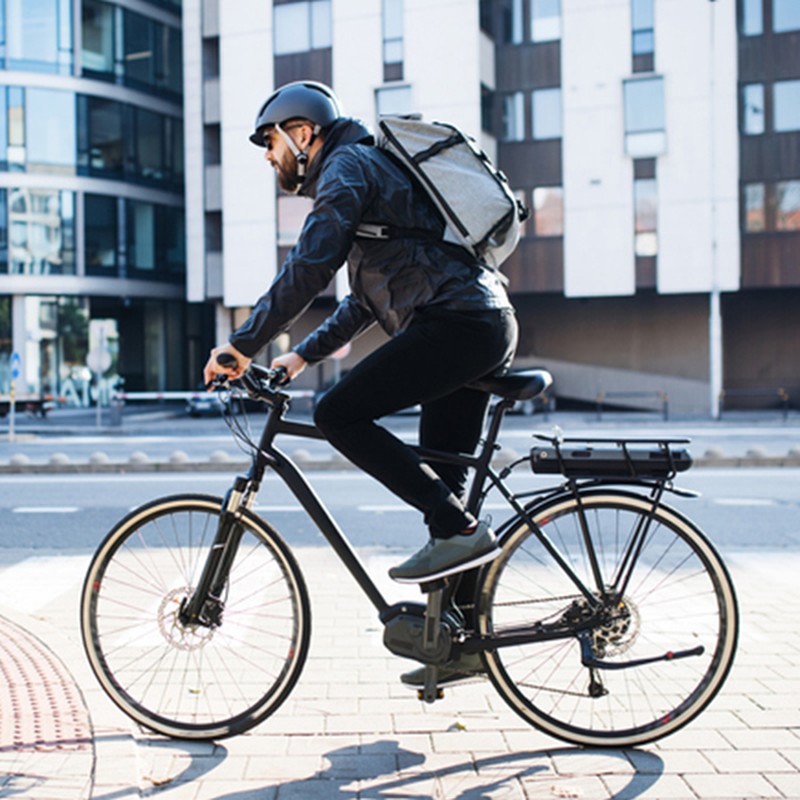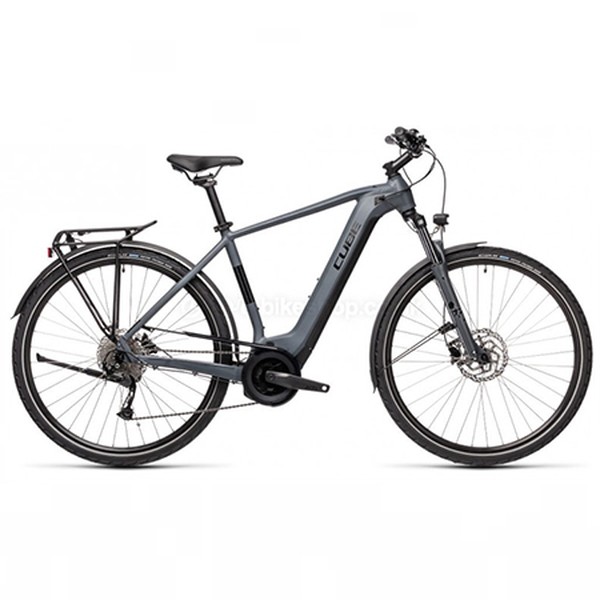How To Buy An E-Bike
So it seems like it’s a good time to buy an e-bike?
Patrick: Now is a great time. E-bikes are cheaper than ever and the expansion of the Cycle to Work scheme means you can even buy them tax-free.
Ben: Just be aware the industry has experienced explosive growth over the last six months. Demand currently outstrips production by as much as 10:1, so you’ll need to find a reputable retailer who can either sell you a bike immediately or at least take a pre-order and guarantee you a bike when a batch arrives with them.
If you’ve never owned an e-bike before, why might you want one now?
Patrick: E-bikes are great for a variety of reasons. They were once only associated with helping older people get around, but now they’re used by all age groups. People are using them for commuting – you don’t arrive so sweaty or have to worry about wearing lycra – or just to go further with less effort. For families, they make life a lot easier too.
Ben: Whether you're a seasoned cyclist or just looking to explore local byways and cycle paths, there really is an e-bike for every type of rider now. We stock over 150 models and that's just the ones we believe to be the best value options from the carefully selected suppliers we work with.
What are the advantages of an e-bike over old-fashioned pedal power?
Patrick: Ultimately, they make cycling that little bit easier by giving riders the boost they need to get them up to a safe road speed. Once the motor cuts out at the legal limit of 25 kph (15.5 mph), the rider can go faster under their own steam if they want to, which is perfect for people looking to use them as a means of fitness.
Ben: Whatever your fitness level, they can help you go much further and get to places you might not normally have managed.
Are they easy to ride?
Patrick: Very. Modern electric bikes all use very similar systems to provide assistance when pedalling. These can be in the form of a hub or bottom bracket-mounted motor. Sensors register when the pedals are turning and power is provided from brushless motors. All electric bikes will have some kind of control unit in the form of a handlebar-mounted computer, on the battery or in some cases even controlled via an app. The more advanced smartphone-based systems offer a fully customisable system, allowing you to set your level of assistance based on the GPS data of your route. But most manufacturers’ systems are plug and play, so you can get the most out of your e-bike without having to touch a button.
Ben: The one thing to look out for is the weight. E-bikes are not as light as normal bikes and this always seems to come as a surprise. They’re fitted with incredibly powerful motors and ever larger batteries – reaching ranges of up to 160 miles on a single charge – but the weight is all very low down, keeping the centre of gravity low. On average, the components that provide the electrical driver overall add 6-10kg to the weight of a bike but manufacturers have spent millions making them ‘feel’ like a normal bike and they do an incredible job.
How much of a workout is an e-bike ride?
Ben: It depends. With most bikes offering up to five power modes from ‘Eco’ to ‘Extreme’ or ‘Turbo’, you have the ability to choose the level of support you want. If you really want to punish your legs, switch the motor off and pedal that extra weight on your own! A recent government study found that e-bike owners use their bikes as much as three times more than ordinary bike owners, so you might also find yourself getting out and about more.
Patrick: The idea that e-bikes are a form of ‘cheating’ has – thankfully – become a bit dated. And you’ve always got that option of turning off the assistance completely.
Anything else a newbie would need to know before jumping onto one?
Patrick: So long as you’re 14 years or older, you’re fine. UK law states the motor power must not exceed 250W and that e-bikes have that maximum speed of 25 kmh. The bicycle parts still have to comply with all the normal safety standards and testing found on any conventional bike. If you’re in England, Scotland or Wales, all you have to do is follow the Highway Code like any other road user. Northern Ireland requires you to have a moped licence to ride an e-bike and the bike itself must be registered, taxed and insured.
How do you charge an e-bike?
Patrick: E-bikes are charged just like any other electrical device in your home: you plug it straight into the mains. Batteries on e-bikes are typically removable so you don’t need to keep your bike indoors or right by the plug socket.
Ben: How often you charge it will depend on a huge range of factors. E-bike mileage is affected in the same way as MPG in a car: rider weight, terrain, anything else you are carrying, whether you ride flat our mountains and even a headwind or tailwind can make a difference. The largest batteries are capable of carrying you up to 160 miles on a single charge, but the most powerful bikes can be drained in just 20 – this is where careful consideration of the right type of bike for you becomes key.
For a first-time buyer then, what are the important factors to consider?
Ben: The single most important factor is to ensure you get the right bike in the right size and the best possible value for money. Every week we speak to clients who have previously fallen into the trap of buying the first thing they saw, or have bought bikes just because they liked the colour. Spend some time carefully considering not only your immediate use of the bike but, as your confidence and skill increases, what you might look to do with an e-bike in perhaps six to 12 months’ time. Servicing, warranty and other aftercare should also be a primary consideration. Can the dealer you are talking to support this bike for its entire lifecycle? There are lots of e-bikes available for under £2,000, but they’re often of Far Eastern origin and, when something goes wrong, parts are normally next to impossible to find, leaving you with an expensive and overweight ordinary pedal bike. That’s why we supply European manufactured bikes using the most reputable drive systems.
What are the best e-bikes for commuting?
Patrick: Folding e-bikes like the Brompton Electric are great for people who need to take public transport part of the way to work.
Ben: The Gocycle GX is our most popular bike for those looking for a small, lightweight and foldable bike. Last year we also sold a large number of Orbea Gain F25 and F30 models for the same type of riders who didn’t need a folding bike but were looking to ditch public transport. The latter two were discontinued at the end of the model year but will return in a month or two for the 2021 model year with a new name and fantastic new spec aimed specifically at city riders. Watch this space!
And for weekend riding?
Ben: This really depends on the rider, but in the last 12 months the Cube Reaction range, the Cube Kathmandu, Cube Stereo full suspension and the Orbea Wild FS models have been highly popular with weekend riders.
Patrick: For a road-bike feeling, I like the Trek Domane+LT. For leisure riding, there’s the Raleigh Array E Motion Lowstep. There are also e-mountain bikes like the Specialized Turbo Levo SL.
What’s the least you could spend and still get something that’s fit for purpose and won’t fall apart mid-ride?
Ben: I would go for a Cube Touring Hybrid One or Touring Hybrid Pro. The super-reliable Bosch drive system, excellent German build quality and the incredibly keen price point makes it a very much unbeatable bike. They start at £1,999.
Finally, what’s your personal favourite e-bike?
Patrick: Right now it’s the Specialized Turbo Vado SL. The team at Specialized are doing great work with their own proprietary Turbo technology, making some of the lightest and most efficient electric bikes out there. The Turbo Vado shows how electric bikes can be a true alternative mode of transport, not just a piece of exercise equipment.
Ben: I personally ride an Orbea Gain D20, a mid-spec electric road bike priced at £2,999. I've never been much of a ‘roadie’ but, having spent much of my youth riding BMX and off-road, I decided to make the switch and ride purely for fitness.
SHOP...
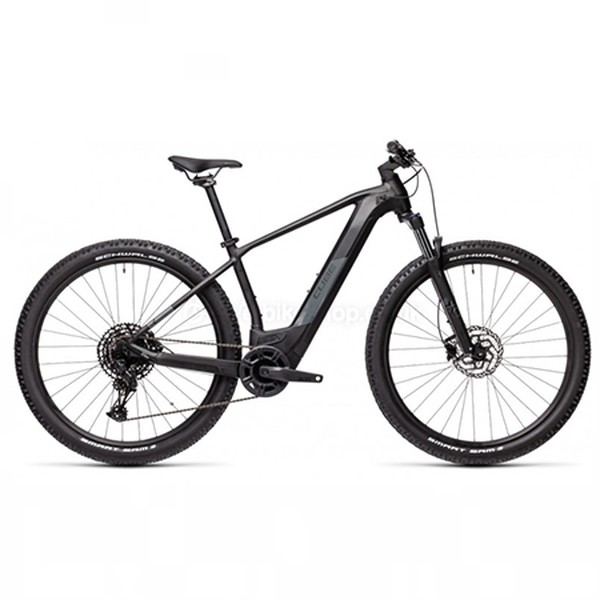
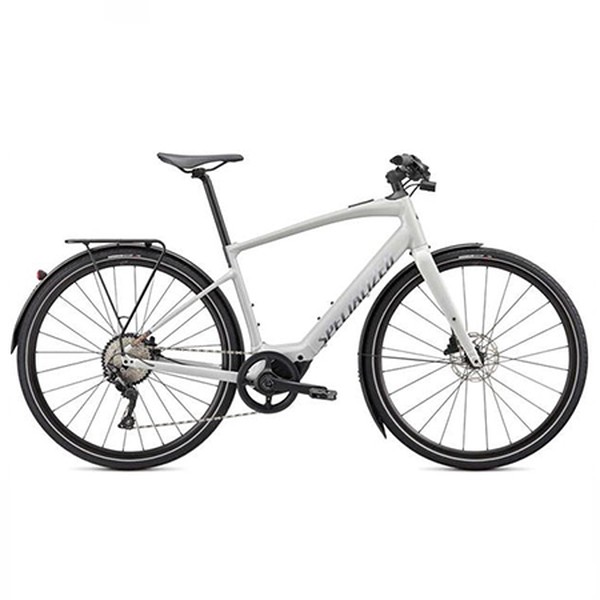
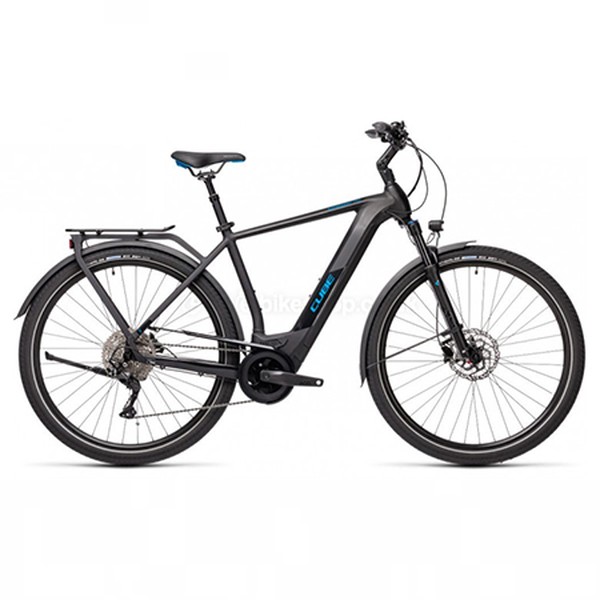
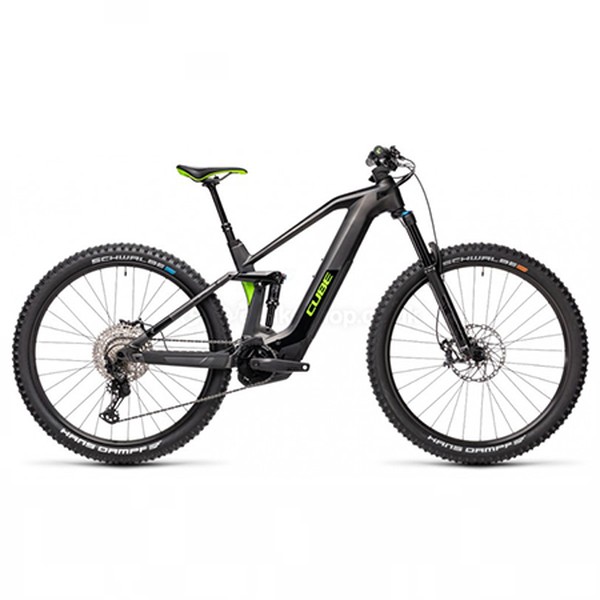
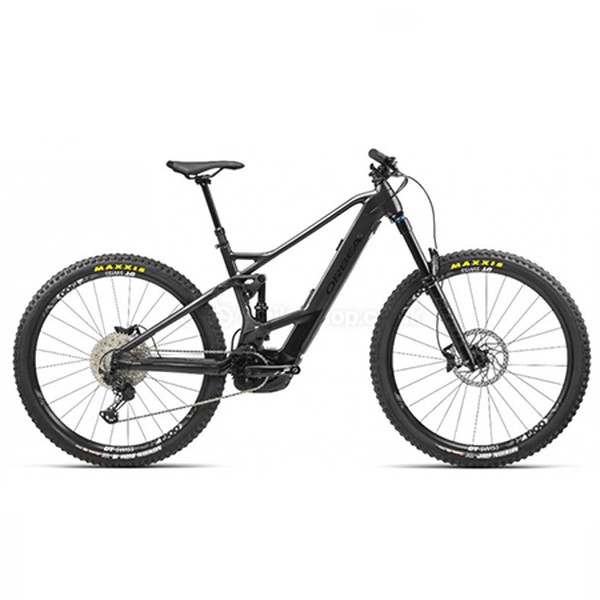
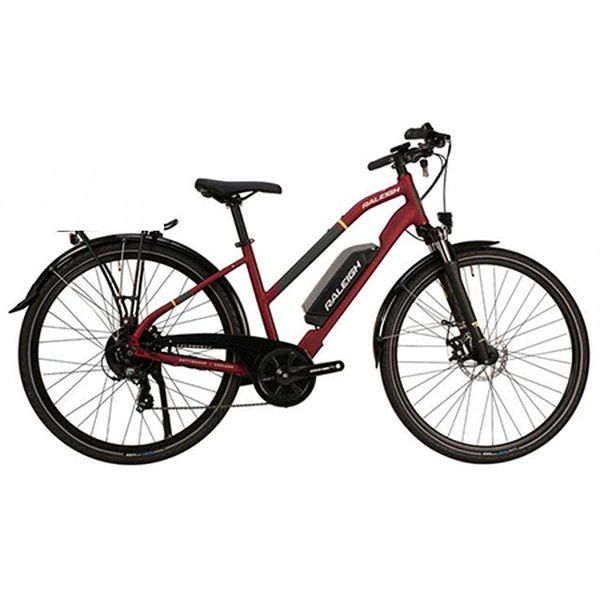
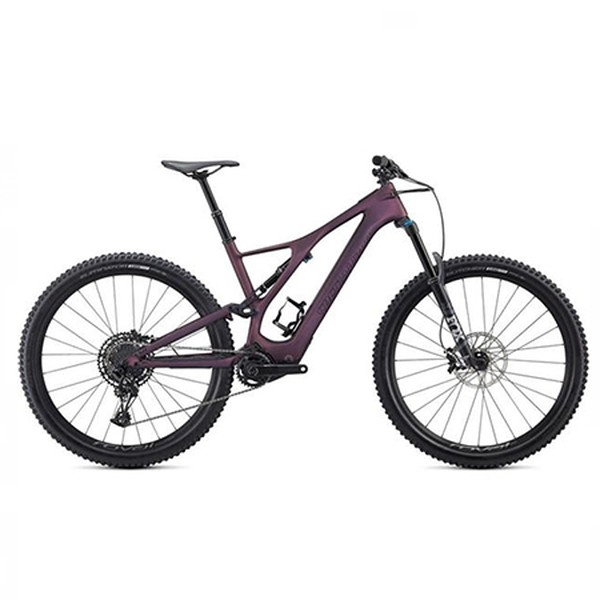
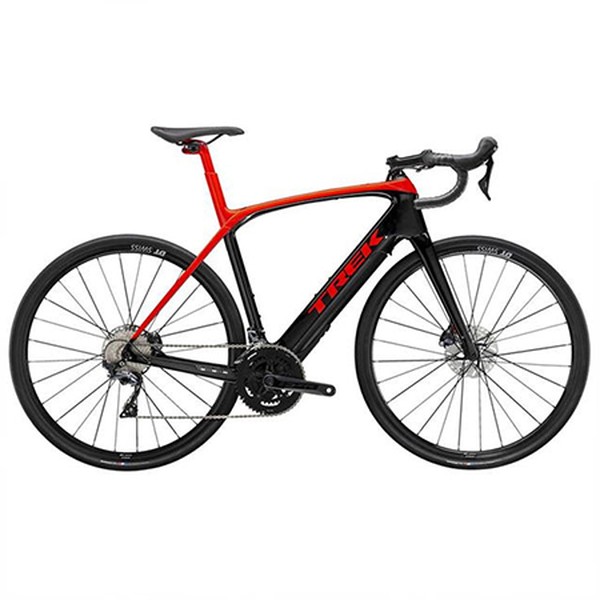
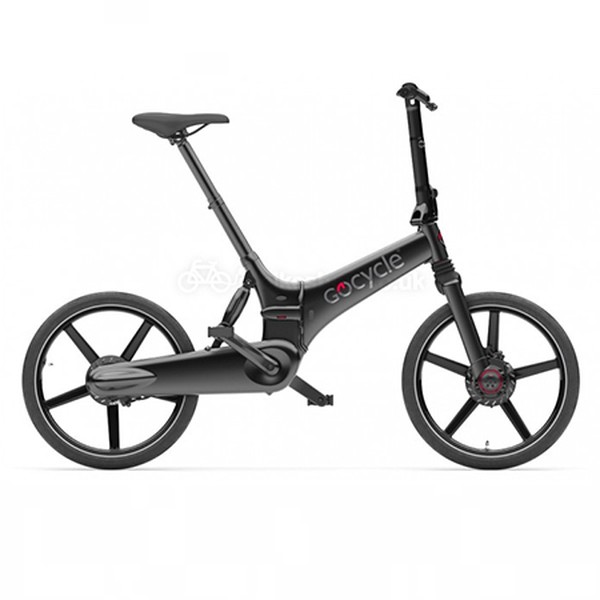
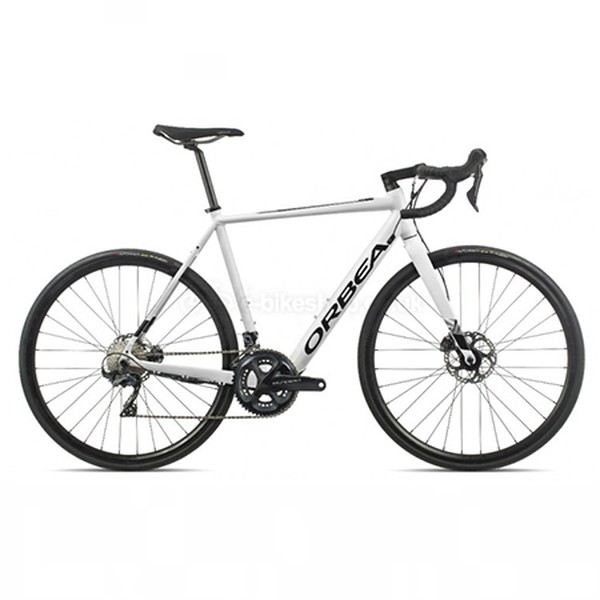
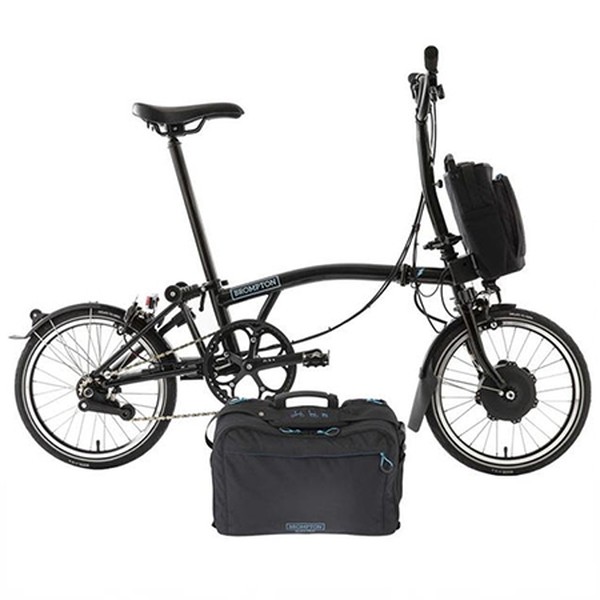
Check out the E-Bike Shop’s full range of e-bikes at E-BikeShop.co.uk.
For more about e-bikes from Evans Cycles, head to EvansCycles.com.
DISCLAIMER: We endeavour to always credit the correct original source of every image we use. If you think a credit may be incorrect, please contact us at [email protected].
